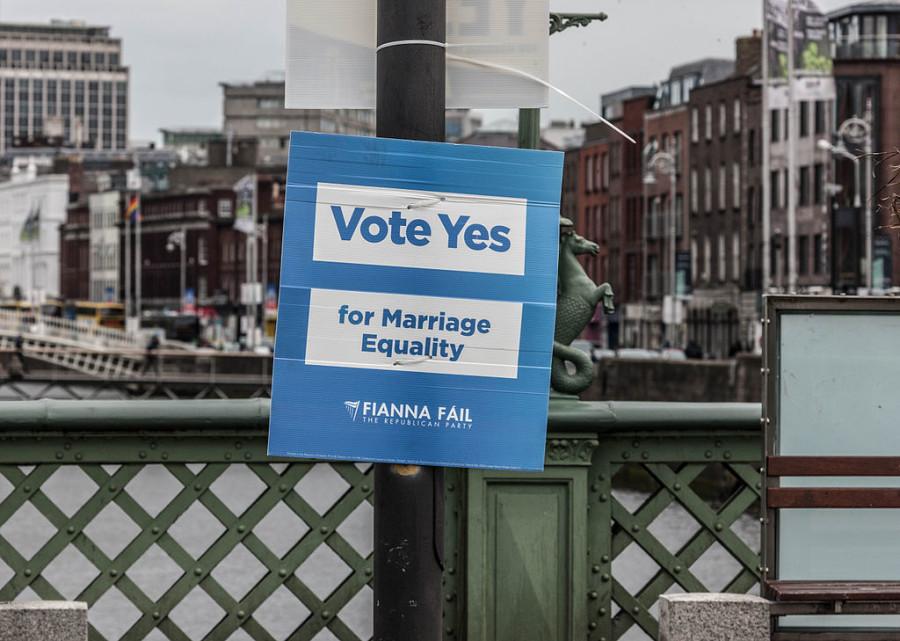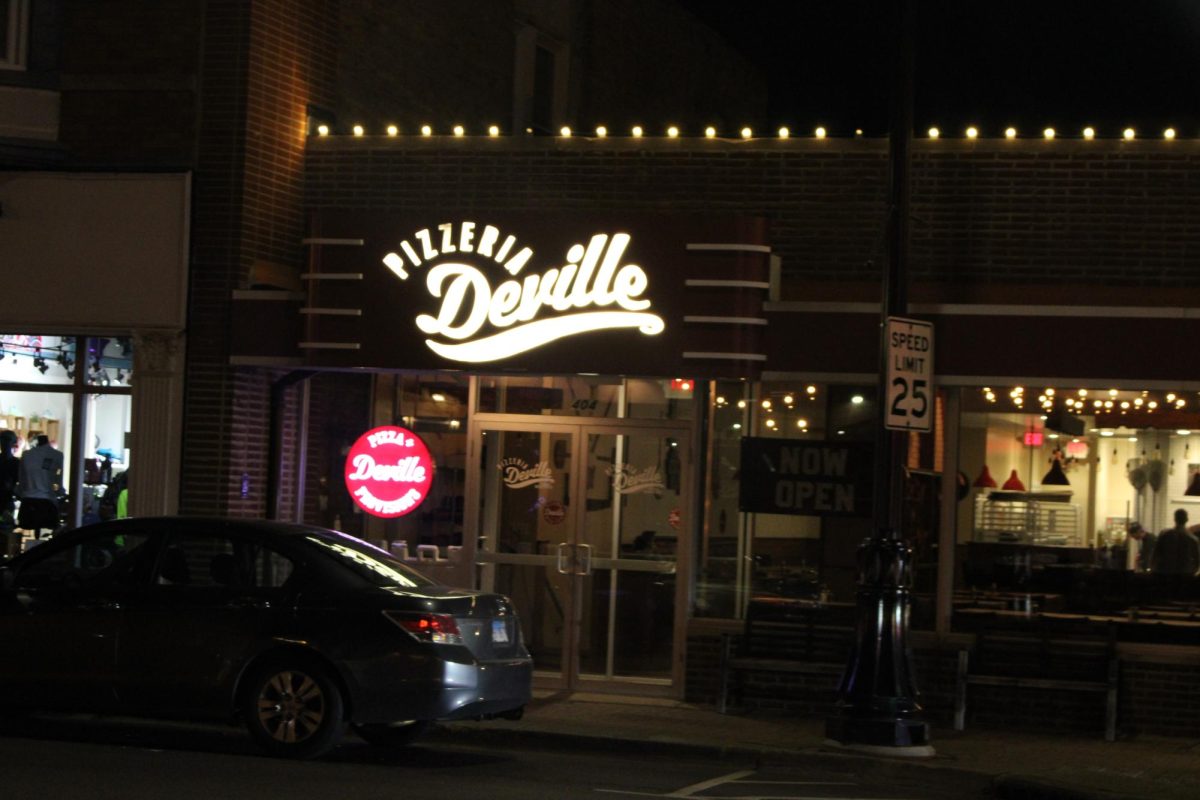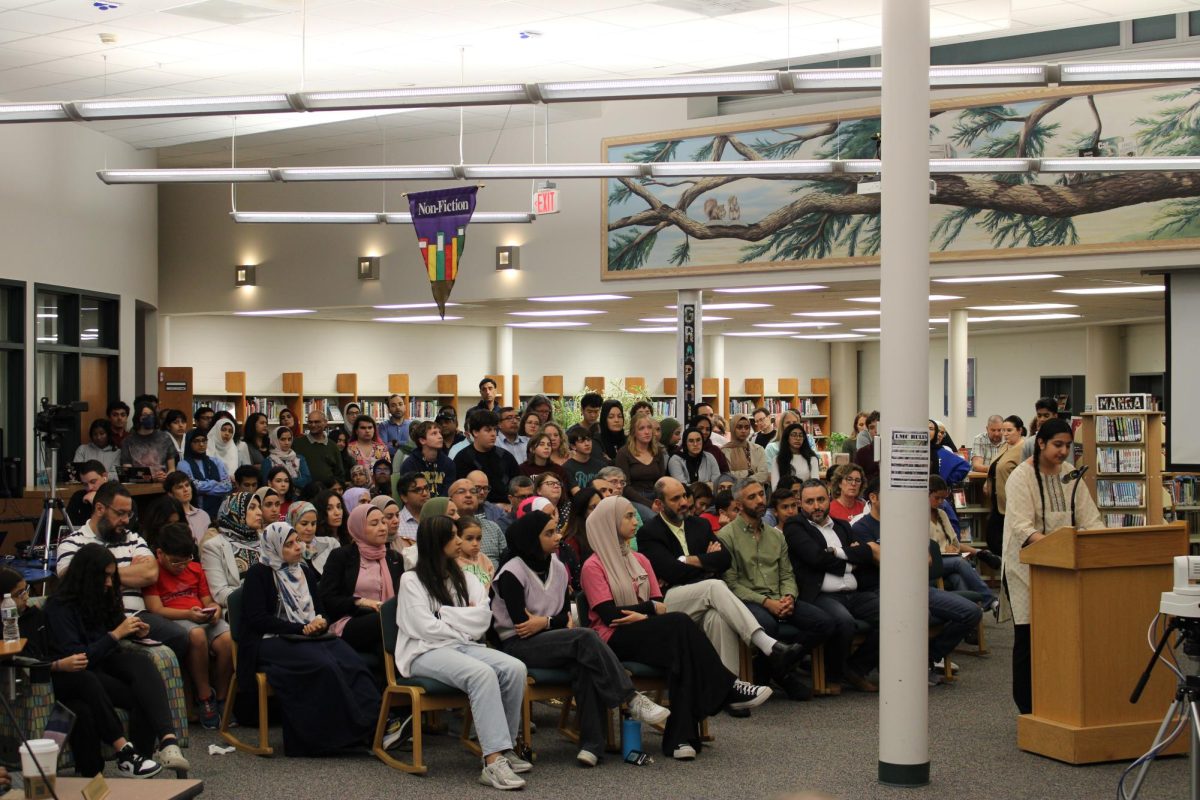On May 22, people all around the world observed a small island that delivered a big message, as people flocked to polling stations in unprecedented numbers to vote in a referendum that determined the future of marriage equality in the Republic of Ireland.
While the campaign for marriage equality in the United States has been fought state by state and will finally be addressed federally by the Supreme Court soon, some other nations around the world have taken the lead in establishing the rights of citizens and the right of marriage to members of their LGBT communities.
The Republic of Ireland voted inordinately in favor of amending the constitution to permit same-sex marriages, completely overshadowing the country’s traditional roots and the once-powerful influence of the Catholic Church.
The common law regarding marriage in Ireland was instituted in the 19th century court case of Hyde v. Hyde, where marriage was laid out as “the voluntary union of one man and one woman, to the exclusion of all others.” In the year 1885 — while still a part of the United Kingdom — Ireland abided by the Criminal Law Amendment Act passed by the British Parliament, which recriminalized male homosexulality. It wasn’t until 1993 that Ireland repealed its sodomy laws, which had made sexual activity between two people of the same gender illegal.
Another step was taken to liberalize the laws pertaining to gay couples in 2010, when the Oireachtas — the Irish Parliament — approved the Civil Partnership and Certain Rights and Obligations of Cohabitation Act. This allowed same-sex couples to enter into a civil union, granting certain rights that could be changed or altered by the government — rights that are not protected by the Constitution, unlike the rights of married couples.
Now flash forward 22 years after homosexuality was decriminalized. Ireland has just become the first country to legalize same-sex marriage by virtue of popular vote; the notion of “exclusion to all others” in matters of marriage has been replaced by a resounding “yes” to equal marriage status for equal beings recognized throughout the country.
“I think it’s really cool because everyone has a say and everyone gets to contribute,” commented sophomore Gillian Filler. “I do think people should decide who they love in their lives. If they don’t believe that, that’s okay, but I think people should be able to be who they are no matter what.”
The movement for marriage equality in Ireland was propelled by the organization Yes Equality, which led a grassroots campaign throughout the country to inspire people to come out to vote in the historic referendum. Involved in the process were notable politicians such as the Minister for Health, Leo Varadkar — Ireland’s first openly gay cabinet member– but above all else, the success of the referendum’s result is accredited to the mass participation of people.
“In the privacy of the ballot box, the people made a public statement. Today’s vote has disclosed who we are — a generous, compassionate, bold, and joyful people,” announced the Prime Minister of Ireland, Enda Kenny.
According to BBC News, 1,201,607 people voted in favor of the referendum allowing same-sex marriage, while 734,300 people voted against, and out of the 43 constituencies, only one had a plurality of “no” votes. The final tally was 62 percent of the vote saying “yes” to the referendum — an overwhelming amount in a religious country with traditional ties to more conservative social policy. As the New York Times Editorial Board noted, “On [May 22], love didn’t just prevail across Irish cities and villages. It triumphed.”














![For the final piece, a combination of Symphony Orchestra and Wind Ensemble played an extravagant song by Paul Hindemist. Flute soloist Dakota Olson had her moment highlighted within this song. “[My solo] was definitely challenging but it was fun too,” Olson said.](https://www.lhsdoi.com/wp-content/uploads/2024/03/amy-and-joey-shot-1200x800.jpg)



